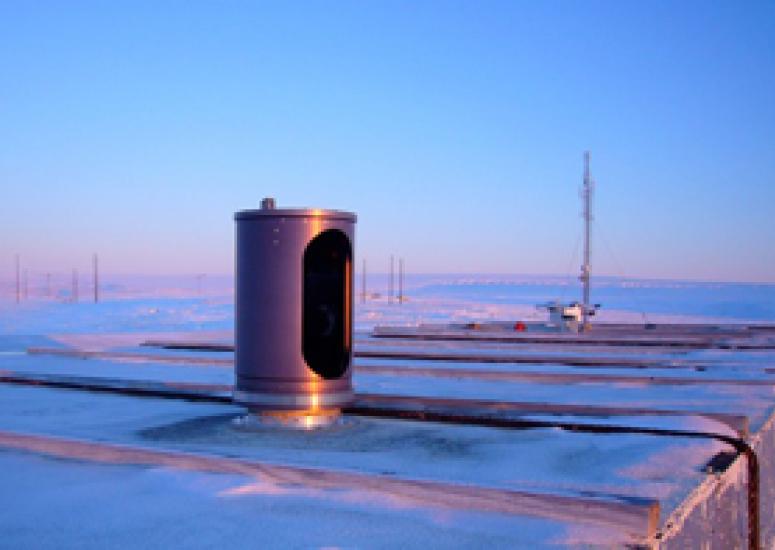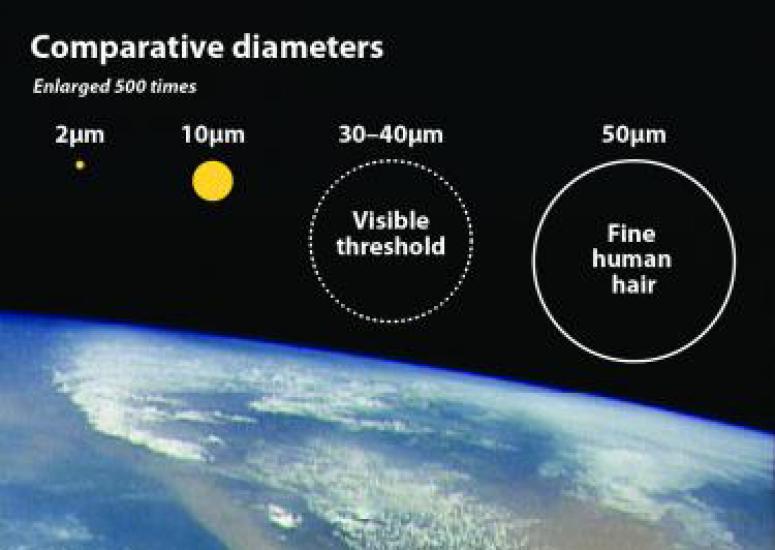-

Cold vortex puts a northern spin on ozone loss
The return of sunlight in polar spring means ozone destruction above the Antarctic—and, in 2011, above the Arctic.
- Air Quality
-
Nuclear war and ultraviolet radiation
New research indicates that a regional nuclear war would deplete Earth’s protective ozone layer so profoundly that levels of ultraviolet radiation across the world would exceed levels now considered extreme.
- Air Quality
-

Broken glass yields clues to climate change
New research points to more dust particles in the atmosphere than previously believed.
- Climate,
- Air Quality
-
Ozone hole and the upper atmosphere
The impacts of the Antarctic ozone hole extend upward as well as downward, according to a new modeling study from a team of NCAR scientists.
- Air Quality
-
When asteroids strike
A team of scientists is tackling a scenario that is the stuff of Hollywood thrillers: What happens if a medium-sized asteroid strikes Earth? In particular, what if it crashes into the ocean? The question is not fanciful.
- Air Quality
